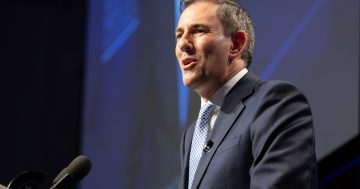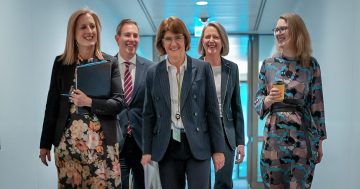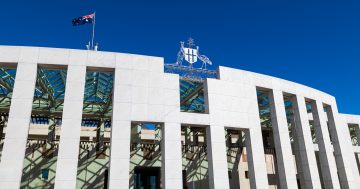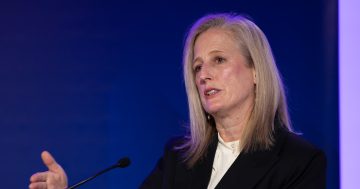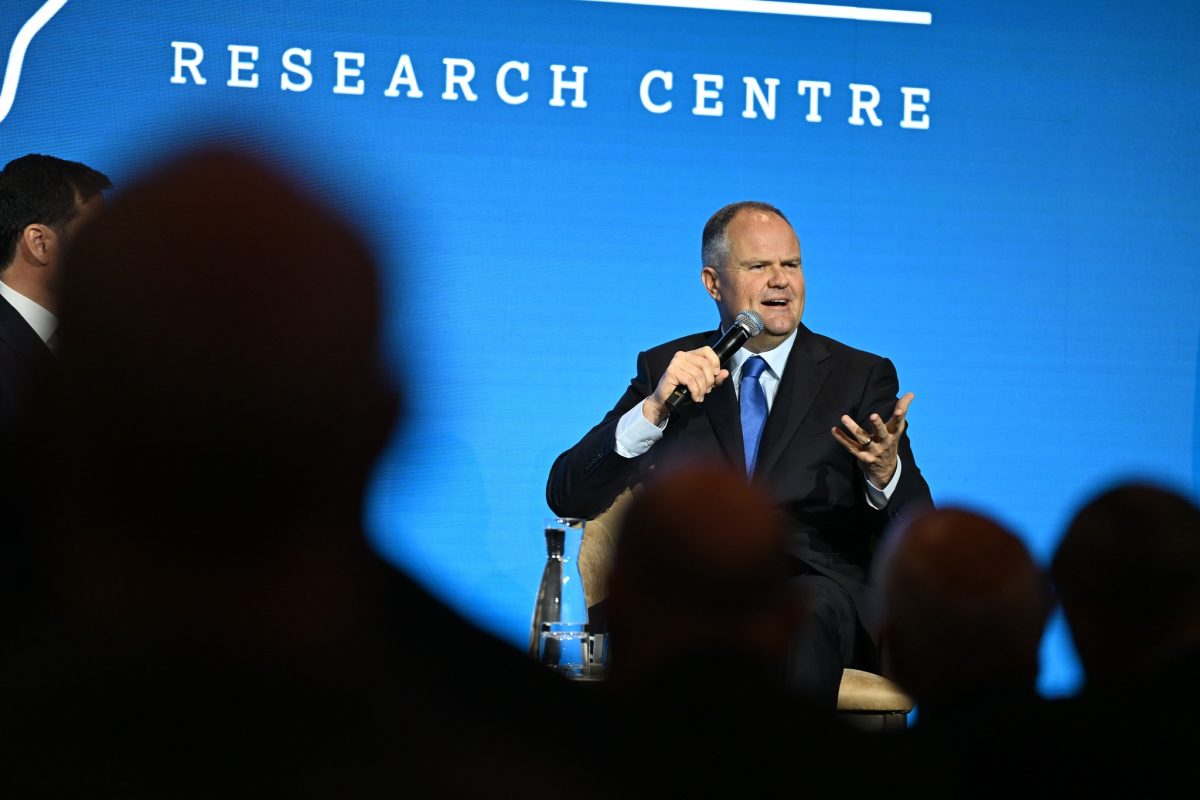
Shadow Treasurer Ted O’Brien took a Question Time approach to the productivity roundtable. Photo: Ted O’Brien.
The Federal Government’s productivity roundtable briefly morphed into a pseudo parliamentary Question Time in the middle of the three-day event, with Treasurer Jim Chalmers and his Opposition counterpart Ted O’Brien going head-to-head over fiscal responsibility.
According to several attendees at the closed-door gathering, the two men clashed over spending priorities, with each seeming intent on upstaging the other.
Mr O’Brien, the Coalition’s participant at the roundtable as the shadow treasurer and Deputy Opposition Leader, made it clear from the outset that he would be holding Dr Chalmers to account during the talkfest.
It appears he has been doing his best to make good on that promise.
Multiple sources have referred to a heated exchange between the two, which had the theatre of Question Time, and the need for them to be reminded they weren’t actually in a parliamentary debate.
Mr O’Brien confirmed as much himself, telling the media outside the room: “I set a test for the Treasurer today to stop the spending spree, which starts with the introduction of quantifiable fiscal rules.”
Others have told Region that Dr Chalmers pushed back, accused the shadow treasurer of grandstanding and deception, and defended the government’s record over fiscal responsibility.
Nationals frontbencher Bridget McKenzie, who is not inside the room, subsequently told Sky News that Mr O’Brien’s remarks were made out of frustration because no “big ticket items” were being discussed.
“I can understand Ted’s frustration because it’s all been about the show,” Senator McKenzie said.
“We’ve got all the important people around the table, but no real outcomes that are going to shift the dial.”
Despite the partisan theatrics, discussions around the table have so far found common ground on some issues.
Australian Council of Trade Unions secretary Sally McManus has described as a “breakthrough” an agreement reached with the tech sector over training artificial intelligence.
“There was discussion with the Tech Council and ACTU about wanting to address the issue of paying creatives, journalists and academics for their data and their creative work that they do,” she said.
“That’s quite a significant shift, and it’s one we really welcome … People whose livelihoods depend on their creative output deserve not to have that stolen from them.
“We’re committed to doing everything we can to address that. It was, I think, a big thing for the Tech Council to step up and say, ‘This is something we’re prepared to work on with you’.
“None of us want to see AI used in a way that’s going to destroy jobs. None of us want to see AI leading to the theft, as is happening now, of the work of creatives and journalists and also academics.”
Business groups in the meeting, however, showed no support for an overarching AI legislative act to enshrine such protections.
The ACTU boss said the unions felt a little outnumbered by the business lobby around the table and at times a bit lonely.
The government has already all but dismissed the union push for a four-day working week and for changes to negative gearing and capital gains tax.
There was broad agreement over the need to pull back the growth of the National Disability Insurance Scheme.
There is hope for some further consensus on these and other issues in the last day’s meeting (21 August), with tax reform being discussed and, in particular, the burden on young people when it comes to cost-of-living and housing crises.
“The biggest thing that people agree on is the need to address intergenerational inequality,” Ms McManus said.
The ACTU secretary also referred to the earlier spat between Dr Chalmers and Mr O’Brien.
“There was a bit of a political exchange that went on that felt a bit like Question Time,” she said.
“It was like, ‘okay, guys, you can do that in Question Time, the rest of us here don’t really get to do that.”
Original Article published by Chris Johnson on Region Canberra.


